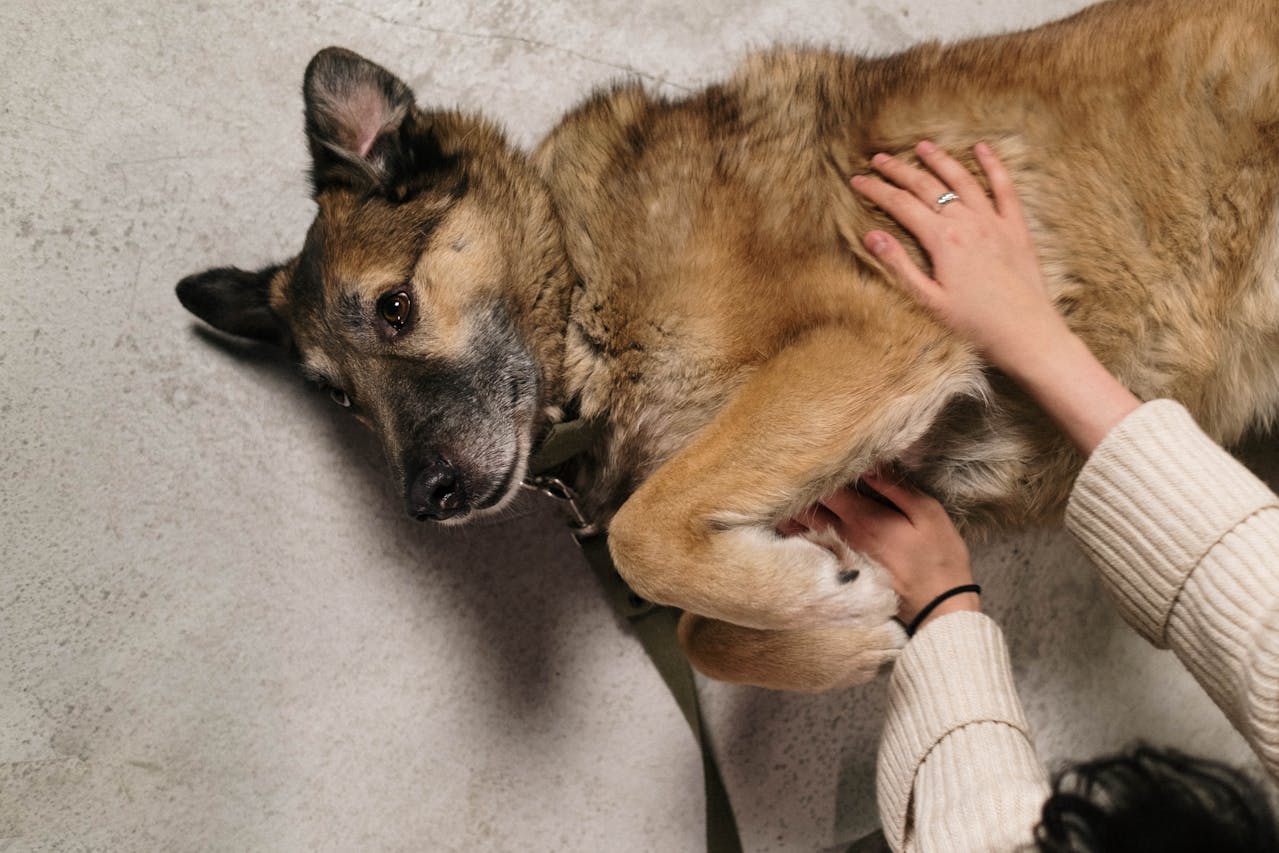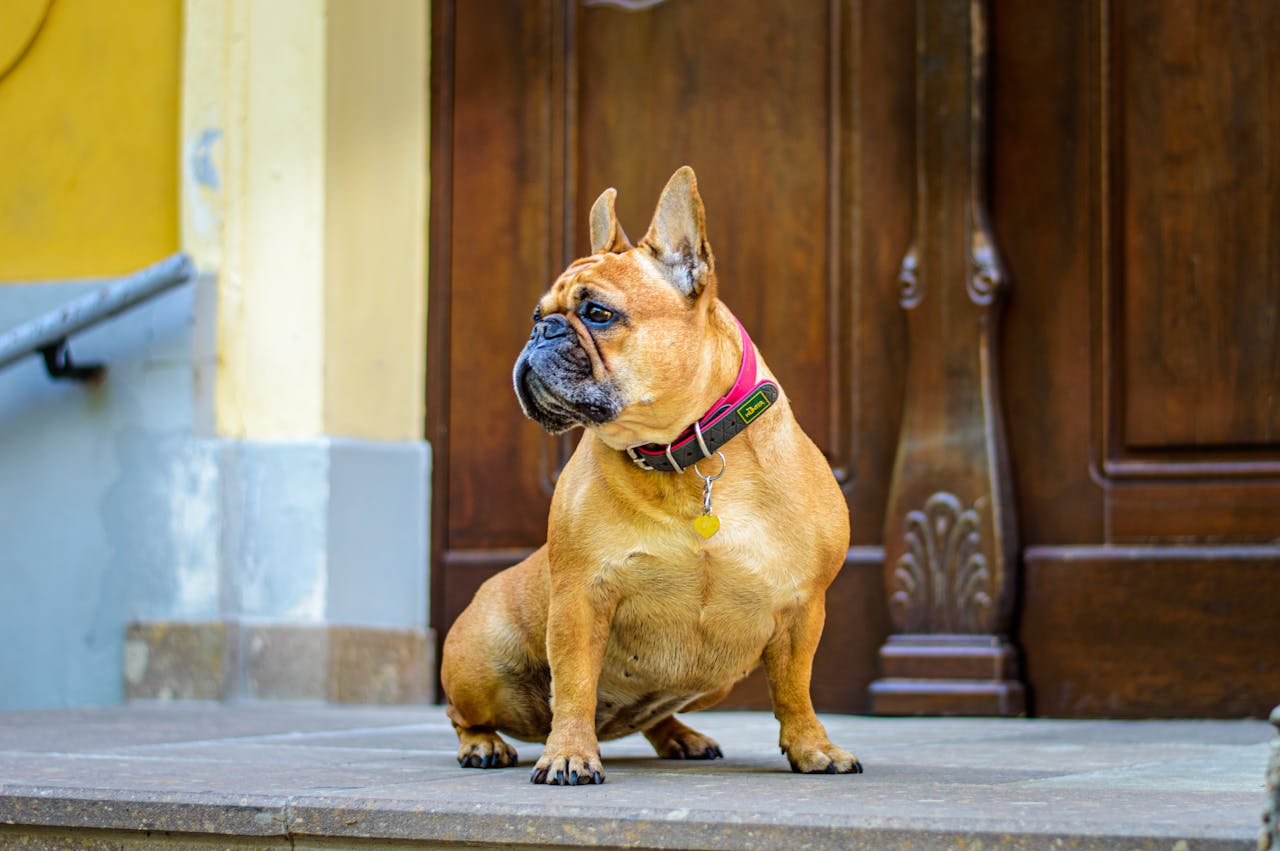The Hidden Danger of Pet Obesity

As pet owners, we love spoiling our furry friends, and we’re spending billions on pet food each year—nearly $30 billion in 2018 alone. But too much food and not enough exercise can lead to serious health risks, just like in humans.
Why Pet Obesity Is a Serious Problem
Extra weight isn’t just about looks—it can lead to major health issues, including:
-
Diabetes
-
Heart and lung disease
-
Joint and bone problems
-
Skin conditions
-
Increased risk of cancer
-
Shortened lifespan
That’s why it’s essential to follow feeding and exercise recommendations based on your pet’s size, breed, and specific needs. A large dog like a German Shepherd will need a different diet than a small Chihuahua, and the same goes for different cat breeds.
How to Tell If Your Pet Is Overweight
Not sure if your pet is carrying extra weight? Try these simple tests:
-
You should be able to feel your pet’s ribs without pressing too hard.
-
When looking from above, your pet should have a visible waistline.
-
From the side, your pet’s belly should tuck up between the ribcage and the thighs.
If your pet doesn’t pass these tests, it’s time to take action. Many pet owners don’t realize their pets are overweight—one study found that while 47% of veterinarians believed their canine patients were obese, only 17% of dog owners agreed.
How to Prevent Pet Obesity
Some pet owners feel guilty when told their pet needs to lose weight. But showing love doesn’t mean overfeeding—an extra treat or table scrap can add unnecessary calories. For example, a single dog biscuit could have 100 calories, and a fast-food cheeseburger could equal five days' worth of calories for a small dog!
Portion Control Is Key
Follow the food label recommendations based on your pet’s ideal weight, not their current weight.
Check With Your Vet
If your pet is overweight, your vet can help rule out any medical causes and suggest the right diet. Sometimes, switching to a reduced-calorie food can make a big difference.
Increase Activity Levels
Just like people, pets need regular exercise. Try longer walks or two brisk 20-30 minute walks per day to help burn off extra fat.
The Cost of Pet Obesity
Aside from affecting your pet’s health and happiness, obesity can lead to expensive vet bills. Regular checkups help catch weight issues early, preventing costly treatments down the road.
A healthy pet is a happy pet—and keeping them at a healthy weight means more years of love and companionship.
Get insurance plans with wide-ranging coverage options













